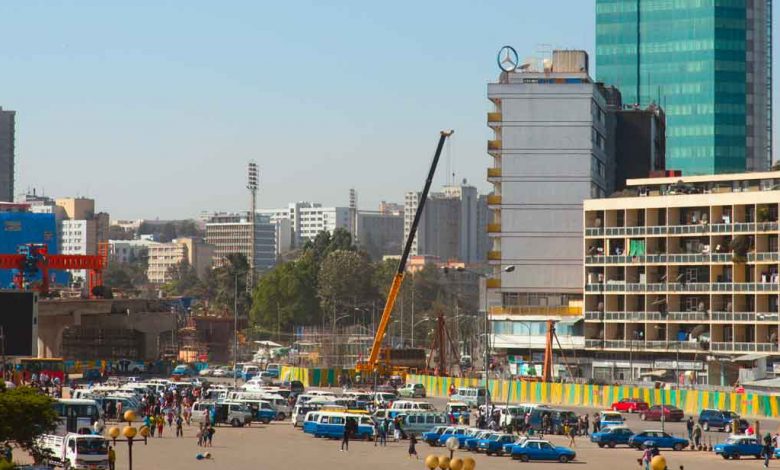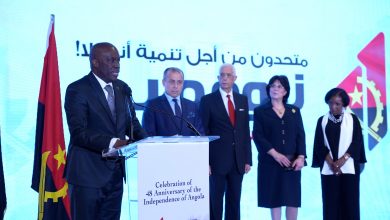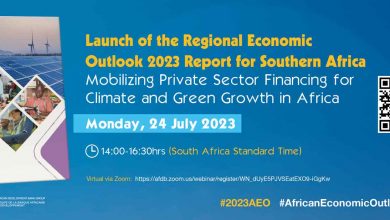Ethiopia: the African Development Bank’s new 2023-2027 strategy to drive economic transformation | African Development Bank

Diplomat.Today
The African Development Bank
2022-12-05 00:00:00
——————————————-
On November 17, 2022, the Board of Directors of the African Development Bank Group approved the Country Strategy Paper 2023-2027 for Ethiopia. The main objective of the strategy is to support Ethiopia in expanding inclusive and sustainable growth through agro-industrialization, improved connectivity and competitiveness, and reduced vulnerability to shocks.
The blueprint focuses on two priority areas: i. improving economic and financial governance for greater resilience, improved services and private sector growthand ii. developing high-quality and sustainable infrastructure in support Ethe agro-industrialization of thiopia.
In the first priority area, the Bank will support Ethiopia in strengthening institutional and human capacity in macroeconomic and financial governance, including monetary policy and debt management. A key focus is improving the government’s ability to deliver high-quality and equitable essential social services, promoting transparency and accountability, and strengthening the resilience of institutions and services.
Specific intended outcomes include better access to essential services, improved economic opportunities for women and youth and a greater role for the private sector in the economy. In particular, the share of the population with access to essential health services within a two-hour commute is expected to increase from 60% in 2022 to 65% in 2027; the share of the population with access to safe drinking water is expected to increase from 58.5% to 63.5%; and that of the population with access to basic sanitation will rise from 20% to 25%. Private investment as a percentage of gross domestic product is expected to increase from 24% to 28%, and youth access to credit facilities is expected to increase from 25% to 30% (30% of which are women).
Regarding the second priority area, the African Development Bank intends to support the development of high-quality, sustainable and climate-friendly infrastructure. This will help expand agro-industrialization and value chains, improve connectivity and inclusion, diversify production and facilitate structural transformation. The development of high-quality infrastructure will reduce the cost of doing business, facilitate the movement of goods and people, and increase productivity.
The bank’s support will also help improve access to energy systems to meet domestic demand and strengthen regional connectivity. The investments will focus on the construction of transmission and distribution lines and mini-grids. They will also support energy reforms and enhance human and institutional capacity for greater efficiency and quality of service.
The implementation of this pillar will contribute to increasing the share of cooperatives and farmer organizations associated with agro-industrial parks from 34% in 2022 to 40% in 2027; wheat production from 5.2 million tons to 6.5 million tons; and milk from three billion to five billion liters in 2027.
The share of households with access to electricity will increase to 50% of the population in 2027, from 44% in 2022. Energy exports will increase from 1,145 gigawatt-hours per year to 2,374 gigawatt-hours, mainly to Kenya and Djibouti.
——————————————-



